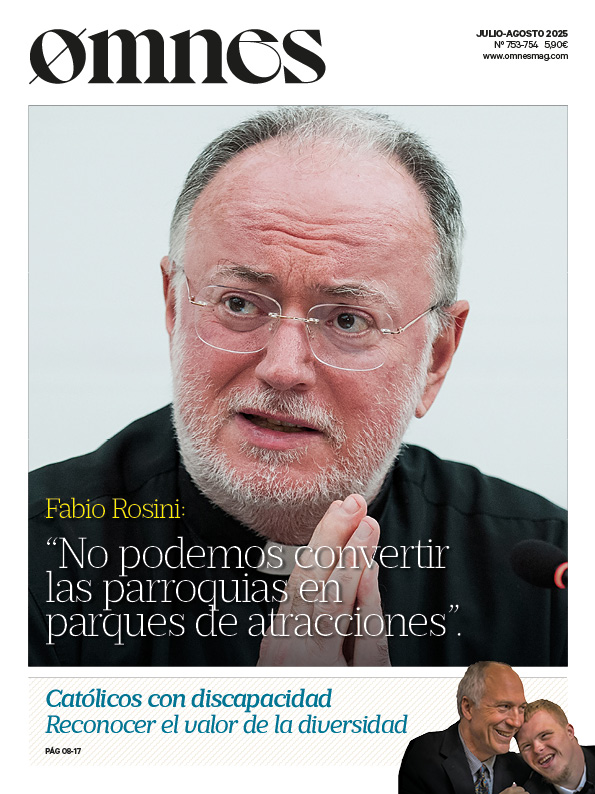In today's first reading, Peter's shadow heals physical ailments. In the Gospel, Christ's breath goes further and heals the spiritual. It also heals Thomas' lack of faith. Today is also Divine Mercy Sunday and this year's readings focus on how this mercy is realized primarily through the forgiveness of sins.
We can perform all kinds of works of mercy and they are of great value. In fact, our own salvation depends on our having performed such works (see Mt 25:31-46). But since the greatest form of misery is sin, the greatest work of mercy is to free people from their sins. In fact, all bodily forms of misery ultimately have their origin in the sin of Adam and Eve: with that sin came suffering in all its forms into the world.
When I once participated in a social project in a certain poor country, we organized days when people could come to our place to be seen by doctors and I, as a priest, was also there for those who wanted to go to confession. The queues for them were much longer than the queues for me. This was sad, because these people sought to treat the symptom and not the root. When Jesus healed the paralytic lowered through the roof, he went to the root of his illness and said to him: "your sins are forgiven you". With this his body was also healed.
This does not mean that spiritual healing automatically leads to bodily health. God often allows bodily infirmities for our spiritual growth. But because Christ wanted to save the world from its deepest sickness, he gave the Church the power to forgive sins (he did not call her to be a great hospital). Having given the apostles, his Church, the gift of peace and then "breathed" the Holy Spirit upon them, he said: "Whose sins ye forgive, they are forgiven them; whose sins ye retain, they are retained.".
The breath of Christ, endowing us with his Holy Spirit, gives us peace through the forgiveness of sins in the Church. And to forgive or retain sins, the Church must listen to them. The breath of our guilt (that is, the confession of our sins) in the ear of the priest is answered by the breath of forgiveness through his absolution. The breath meets the breath in the mercy of the Divine Breath, the Holy Spirit. Thomas' lack of faith is cured a week later. Like the people in my anecdote, he gave more importance to the body than to faith by hearing: rejecting the word of his fellow apostles, the breath of the Church, he demanded to touch the body of Christ in order to believe in the Resurrection. His wish was granted, but the words of Christ, his encouragement, taught Thomas his error. Is it time for us to go beyond the "shadow" of bodily concerns to be healed by the breath of Divine Mercy?








